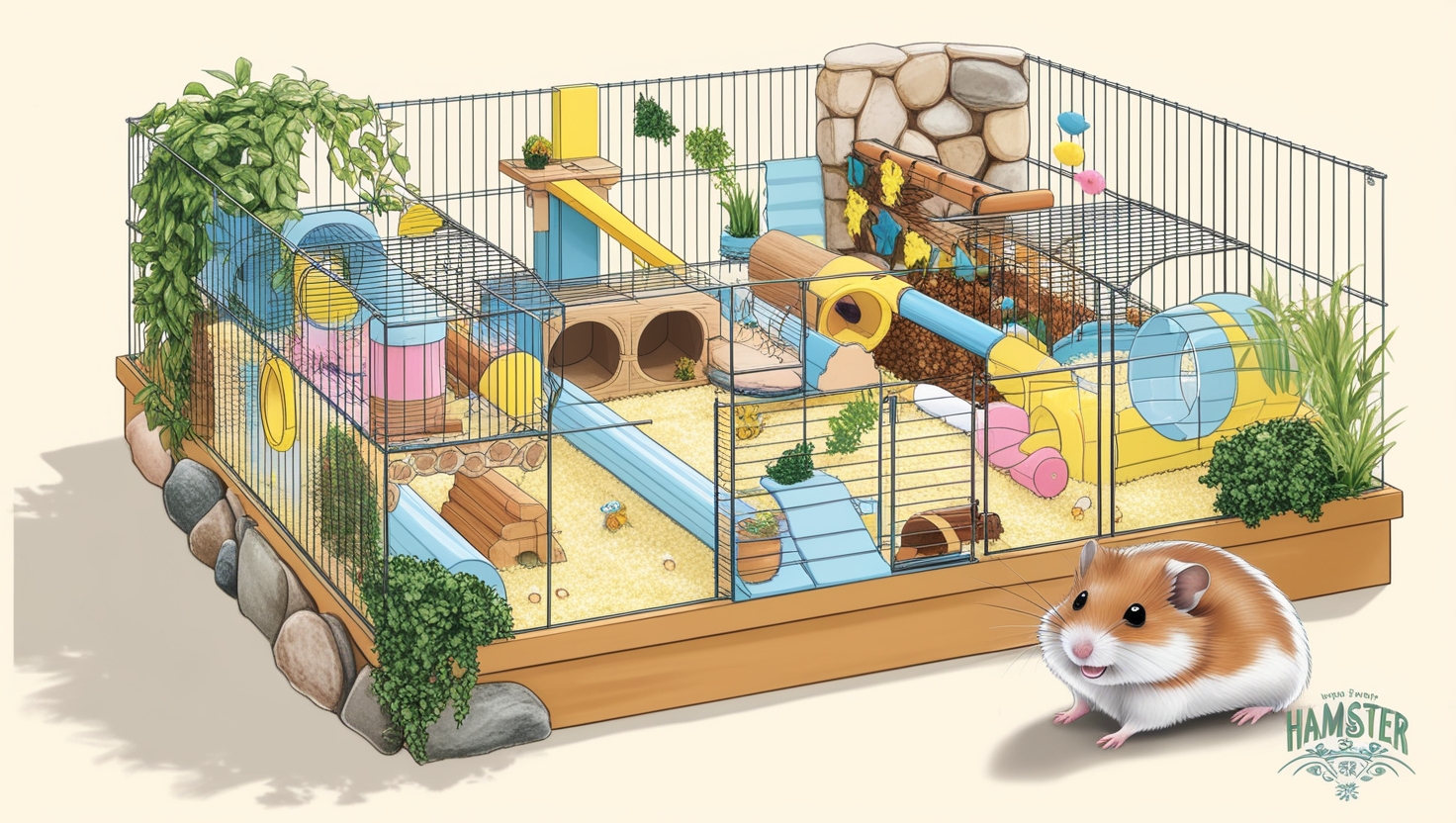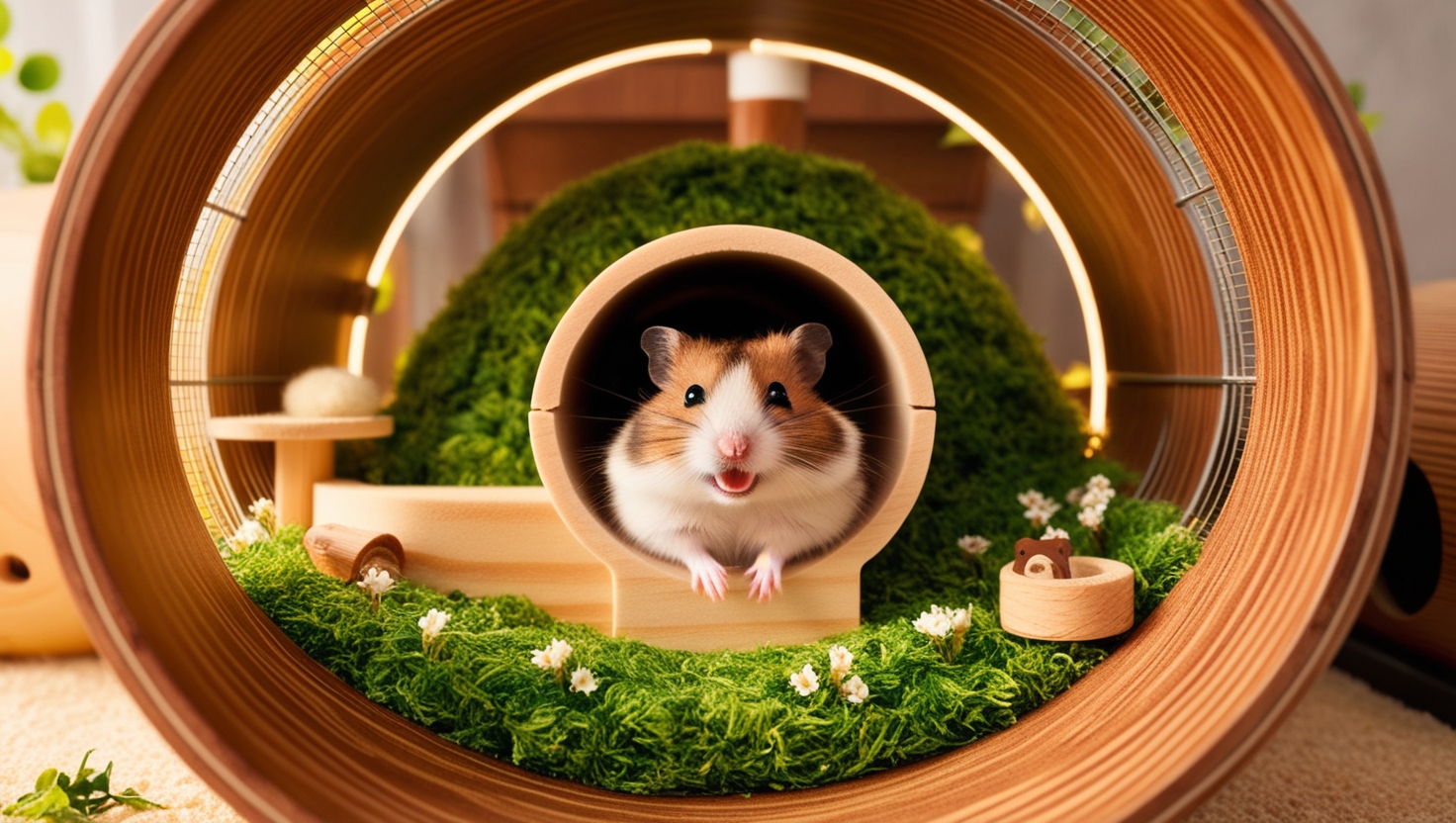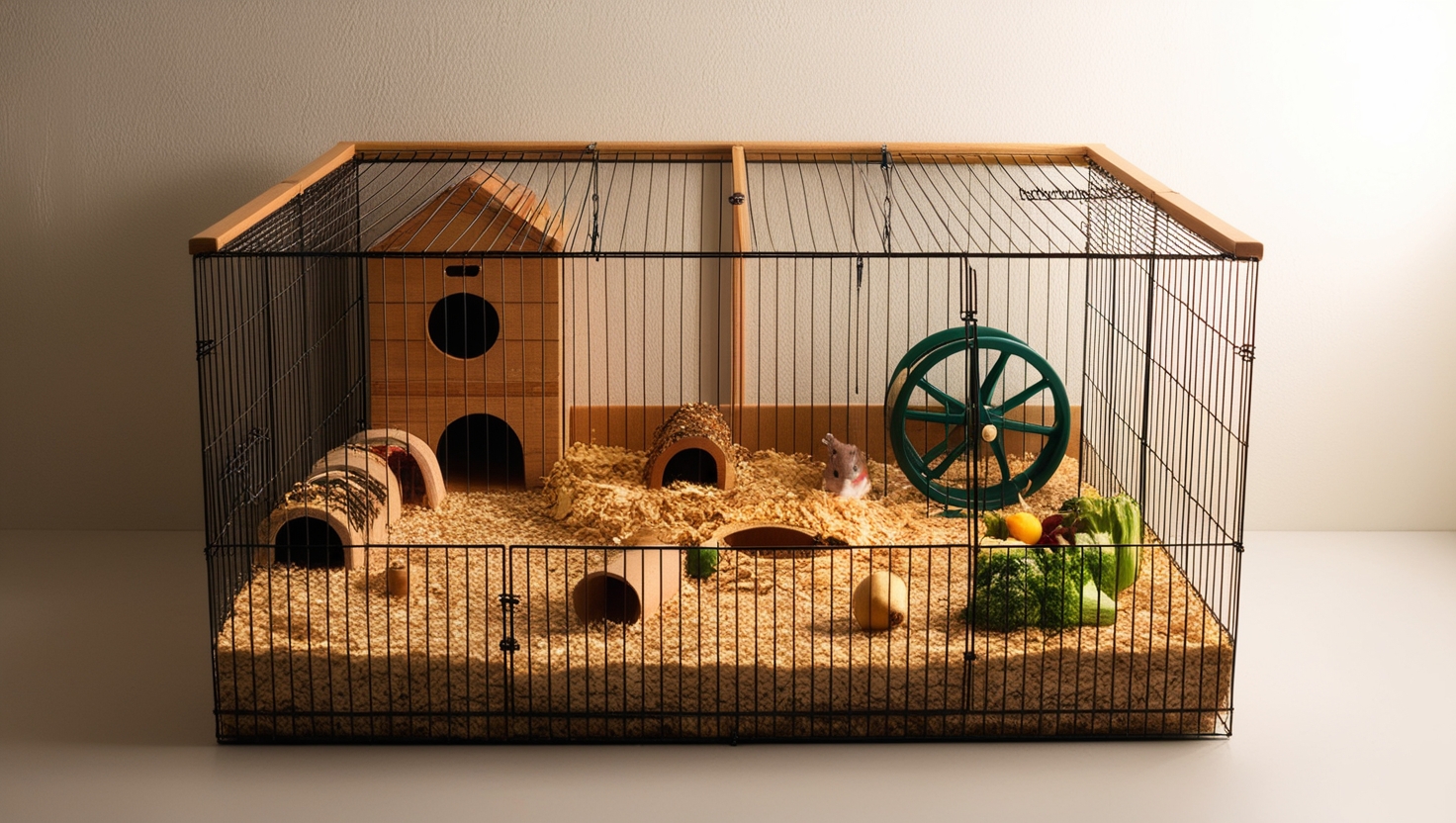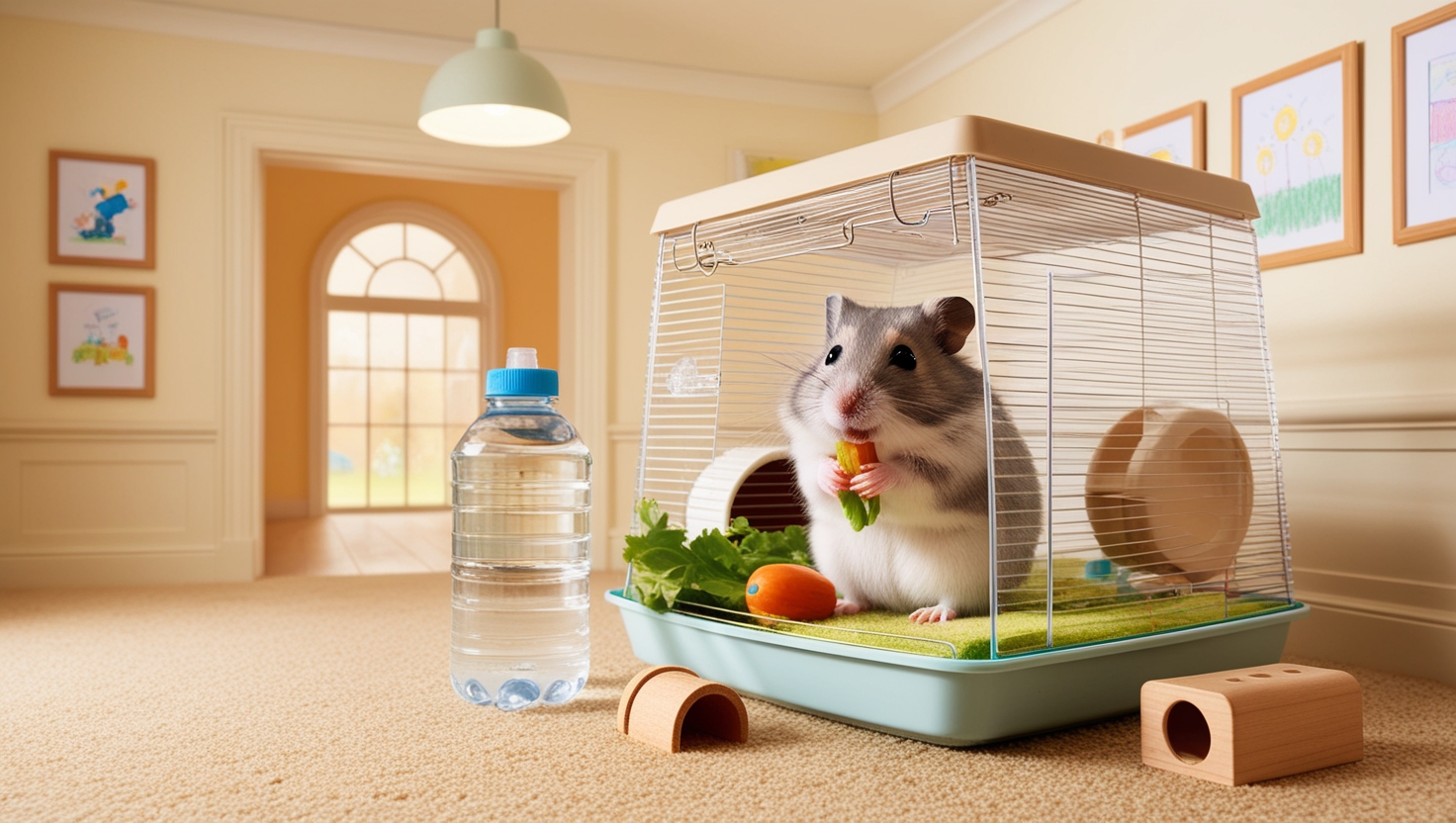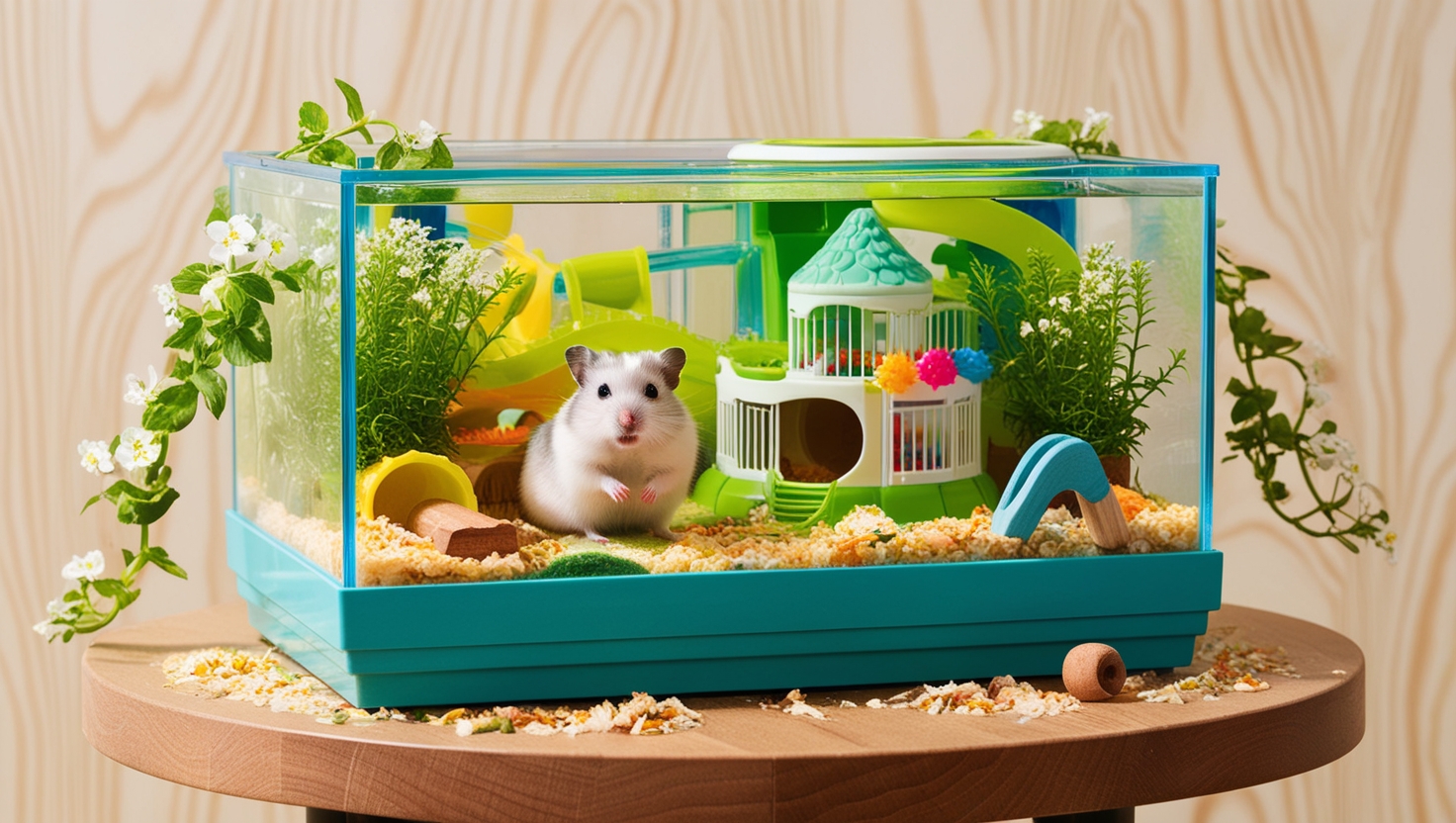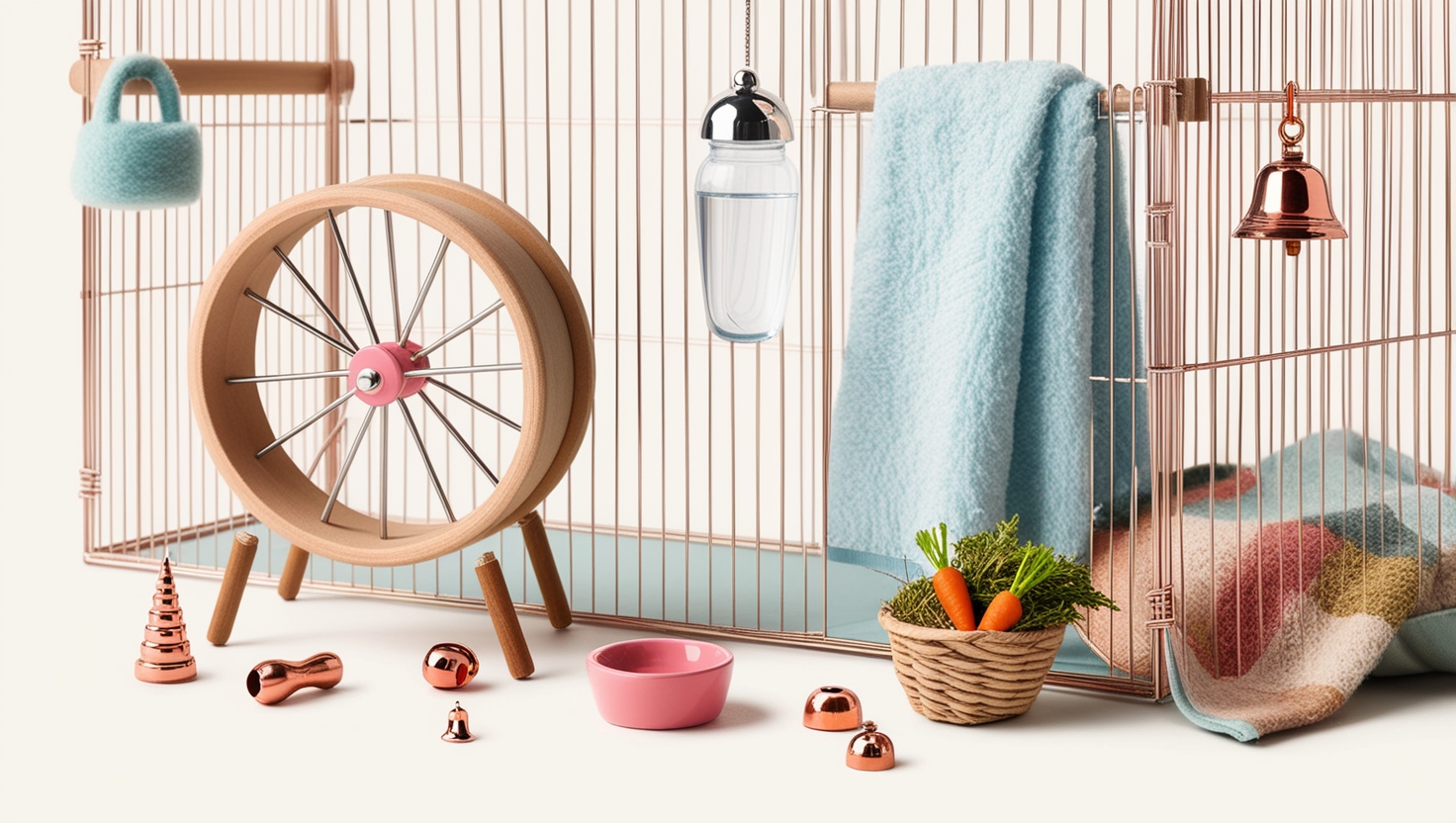So, you’re thinking about welcoming a tiny, furry friend into your life? That’s awesome! Getting a hamster is super exciting, but before you bring your new buddy home, you need to create the perfect hamster habitat. Choosing the right hamster cage is crucial for their happiness and well-being. Think of it like this: you wouldn’t want to live in a cramped, boring box, right? Your hamster deserves a spacious and stimulating environment to thrive.
Hamster Cage Essentials: Size Matters!
First things first, let’s talk about size. Many new hamster owners underestimate how much space these active critters need. Forget those tiny cages you often see in pet stores; they’re simply too small for a hamster to thrive. Aim for a cage that’s at least 450 square inches of floor space, and even larger for Syrian hamsters – they need their space!
Wire vs. Tank: The Great Hamster Cage Debate
Next up, you’ll need to decide between a wire cage or a tank. Both have their pros and cons:
Wire cages offer excellent ventilation and give your hamster plenty of climbing opportunities. However, they can be drafty and messy if your hamster likes to “kick” their bedding.
Tanks provide a secure, draft-free environment and are easier to clean. However, ventilation can be an issue, and you’ll need to be extra diligent about cleaning to prevent ammonia buildup.
My personal recommendation? I’ve always been a fan of glass tanks for my hamsters. They offer a clear view of my furry friends, and I find them easier to keep clean and odor-free. But ultimately, the best choice depends on your hamster’s breed and your personal preferences.
Hamster Cage Accessories: Fun and Functional
Now for the fun part – decking out your hamster’s new digs! Here are some must-have accessories:
- Solid wheel: Hamsters love to run, and a solid wheel is essential for their exercise and enrichment. Choose a wheel that’s large enough for your hamster to run comfortably without their back arching.
- Comfortable bedding: Avoid cedar or pine shavings, as they can cause respiratory problems in hamsters. Aspen shavings, paper-based bedding, or fleece liners are all excellent choices.
- Hideouts: Hamsters are prey animals and need a safe space to retreat when they feel stressed or overwhelmed. Provide at least one hideout, or even better, two – one on each level of the cage.
- Food dish and water bottle: Choose a heavy ceramic food dish that won’t tip over easily. A water bottle with a sipper tube is the most hygienic way to provide fresh water.
- Chew toys: Hamsters’ teeth grow continuously, so it’s essential to provide them with plenty of safe chew toys to gnaw on. Wooden chews, cardboard tubes, and mineral blocks are all great options.
Setting Up Your Hamster Cage: Creating a Hamster Haven
Once you’ve got all the essentials, it’s time to set up your hamster’s new home.
- Layer the bedding: Spread a thick layer of bedding on the bottom of the cage – at least 3-4 inches deep.
- Place the wheel and hideouts: Position the wheel and hideouts in strategic locations, ensuring there’s plenty of space for your hamster to move around.
- Add the food dish and water bottle: Place the food dish and water bottle in easily accessible locations.
- Scatter some toys and enrichment items: Don’t forget to add some fun and stimulating toys!
A Final Word:
Choosing the right hamster cage and setting it up properly is one of the most important things you can do to ensure your hamster lives a long, healthy, and happy life. Remember, your hamster’s cage is their little world, so make it a fun and stimulating place for them to thrive!


